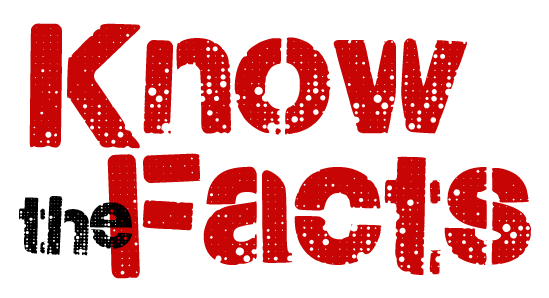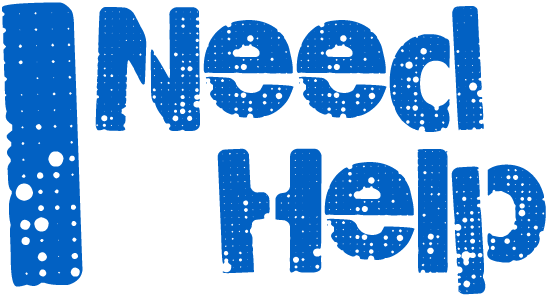Being Calm and Prepared for COVID-19
Do not hesitate to ask for help if you are feeling overwhelmed.
Call SAMHSA Disaster Distress Hotline 1-800-985-5990 or text TalkWithUs to 66746 to connect with a trained crisis counselor. Each Disaster Distress Helpline Core Region Center has crisis counselors who are trained to listen and offer support to people in emotional crisis.

Don’t rely on rumors and hearsay, for the most up-to-date health information on COVID-19 (coronavirus), please visit the Eau Claire City-County Health Department website on the virus and their Facebook page. They also have the COVID-19 Information Hub. Here you will find the most recent information on the virus and the most current health advisories and recommendations.
The CDC has a very helpful “Key Facts” page.
Get the facts and stop rumors!

211 is an information and referral program that can provide information about COVID-19 and resources that may be available in your area. 211 is available by phone 24 hours/day, 7 days/week.
- Dial 211 or 800-922-5590
- Text 898-211 to communicate with a call specialist Monday-Friday 8 am-4 pm
- Text 211-211 24 hours/day 7 days/week to have general COVID-19 info texted to you
- Call volumes are high, so please be patient and try to use the text or online options first.
If you are experiencing signs and symptoms of COVID-19, please call your healthcare provider.
See below for food and financial resources.
We need to work together to deal with this crisis. Take some time to think about how you and your friends and family are handling the challenges of this pandemic. During this time connect with loved ones by phone or video chat to support one another.
UW-Madison Division of Extension Lincoln County has assembled a collection of resources below to help with the financial, physical, emotional, and social implications of the current health crisis. We are adding to them regularly as the situation evolves.
Child Care Options for Essential Workers
The Wisconsin Department of Children and Families is assisting healthcare employees and other essential workers with COVID-19 Child Care Resources. Essential workers can submit a request for care at Emergency Request and view a map with up-to-date availability child care map. If you have any child care questions, you can also contact Micki Krueger (Assistant Director, www.childcaring.org) at 715.841.9490 or 1.800.628.8534.
Click on a subject below to be taken to the resources we have available:
Experts Confirm: Coronavirus “highly unlikely” food risk
An international group of scientists has declared that it is highly unlikely that SARS-CoV-2 is a food safety risk. Click above for more information.
Staying Calm and Alleviating Fear
Ways to help deal with the fear and stress of the situation.
Living with Vulnerable Populations
All of us know people who are most susceptible to the COVID-19 virus, many of us live with such people, and some of us are them. There are many things we can do to help reduce the risk and keep safe.
Being Homebound with Youth
Ways to keep the youth engaged and the family united
Volunteering and Helping Organizations
“Look for the helpers. You will always find people who are helping.” – Fred Rogers Ways to help and stay safe during the crisis.
Agriculture and COVID-19
Agriculture and farming present unique challenges when it comes to COVID-19 and “Safer at Home”. We have resources to help deal with those situations.
Financial Resources
- The Extension has an entire page dedicated to Financial Resources to Help Get Through COVID-19. Clicking on the link will take you to those resources.
- The UW-Madison Center for Community and Economic Development did a great summary of the COVID-19 Stimulus: CARES Section-by-Section (PDF, 35 pages). A good way to know the basics without having to read all 800 pages.
For financial resources dealing with specific situations:




